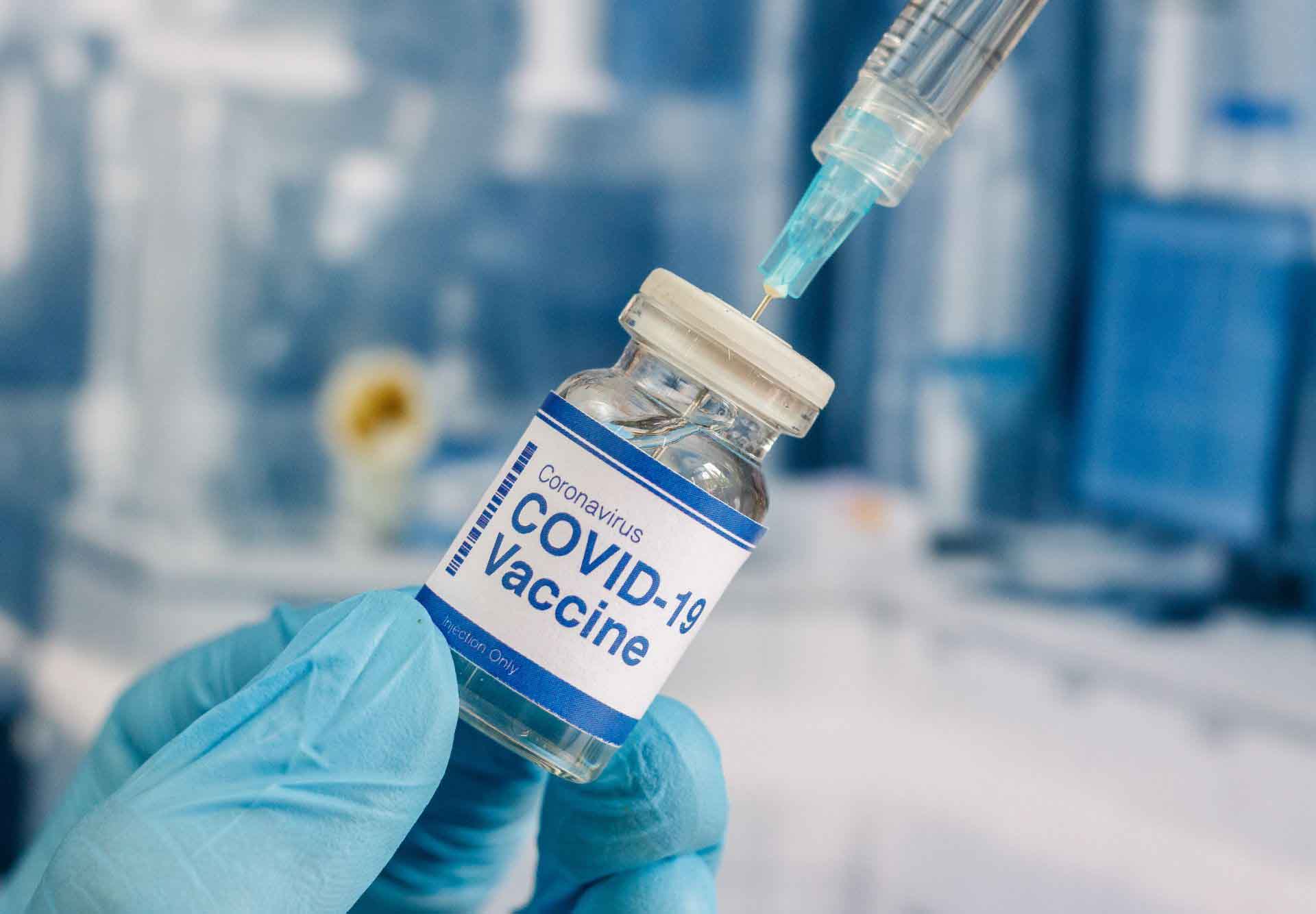Many parents are seeking guidance on how to discuss the Covid-19 vaccine with their children. This article aims to address this important topic. The FDA expanded the authorization of the Pfizer-BioNTech COVID-19 vaccine on May 10, 2021, to include children aged 12 and above.
In June 2022, the U.S. Food and Drug Administration approved the Pfizer-BioNTech and Moderna vaccines for individuals aged 6 months and older, with the [0] endorsing them on June 18, 2022.
The approval of these vaccines marks a significant advancement in the battle against COVID-19, as increased immunization rates enhance the likelihood of preventing future outbreaks.
As of June 15, 2022, approximately 10.1 million children have received their initial vaccine dose, with 8.3 million children having completed all recommended booster shots.
Initiating the Conversation
For parents with eligible children, now is an opportune time to discuss the importance of the COVID-19 vaccine, its administration process, and potential side effects.
Begin by gauging your child’s existing knowledge about COVID-19 and vaccinations. They may already possess more information than expected, but there could also be misconceptions that need clarification.
Emphasize to your child that receiving the vaccine is crucial for safeguarding against severe complications from the COVID-19 virus. This is also an ideal moment to explain the concept of “herd immunity” and why universal vaccination, particularly among vulnerable populations, is essential.
Encourage your children to get vaccinated as it contributes to restoring normalcy post-pandemic. Open communication and addressing queries are key.
Understanding COVID-19 Vaccines
Children are naturally curious, and simplifying the vaccine’s mechanism doesn’t require advanced scientific knowledge.
Most children grasp the concept of “germs.” Explain that bacteria and viruses are responsible for transmitting illnesses between individuals. Our immune systems produce antibodies upon encountering pathogens, acting as defenders that combat invaders and shield us from diseases. Vaccines stimulate antibody production, fortifying our immunity against potential infections.
If you have concerns about the vaccine’s safety, consult your pediatrician. Assure worried parents that the vaccine does not impact DNA and thus does not pose fertility risks.
Alleviating Concerns
It’s normal for children to feel anxious about receiving a vaccine. Conflicting information from social media, news sources, and peers can exacerbate these fears.
Practice active listening with your children, acknowledging their worries with empathy. Understanding their specific concerns allows for targeted and effective responses.
Address their fears about the injection process. Reassure them that any discomfort is temporary and that you will support them throughout.
If you receive the COVID-19 vaccine, be transparent about any side effects. Explain that temporary arm soreness is common and will resolve within 24 hours.
Looking Ahead
Your child likely has questions about the COVID-19 vaccine. Reassure them of its safety, share your vaccination experience, and stress the importance of immunization.
You don’t need to be an expert on the children’s COVID-19 vaccine; acknowledge the ongoing research and uncertainties.

